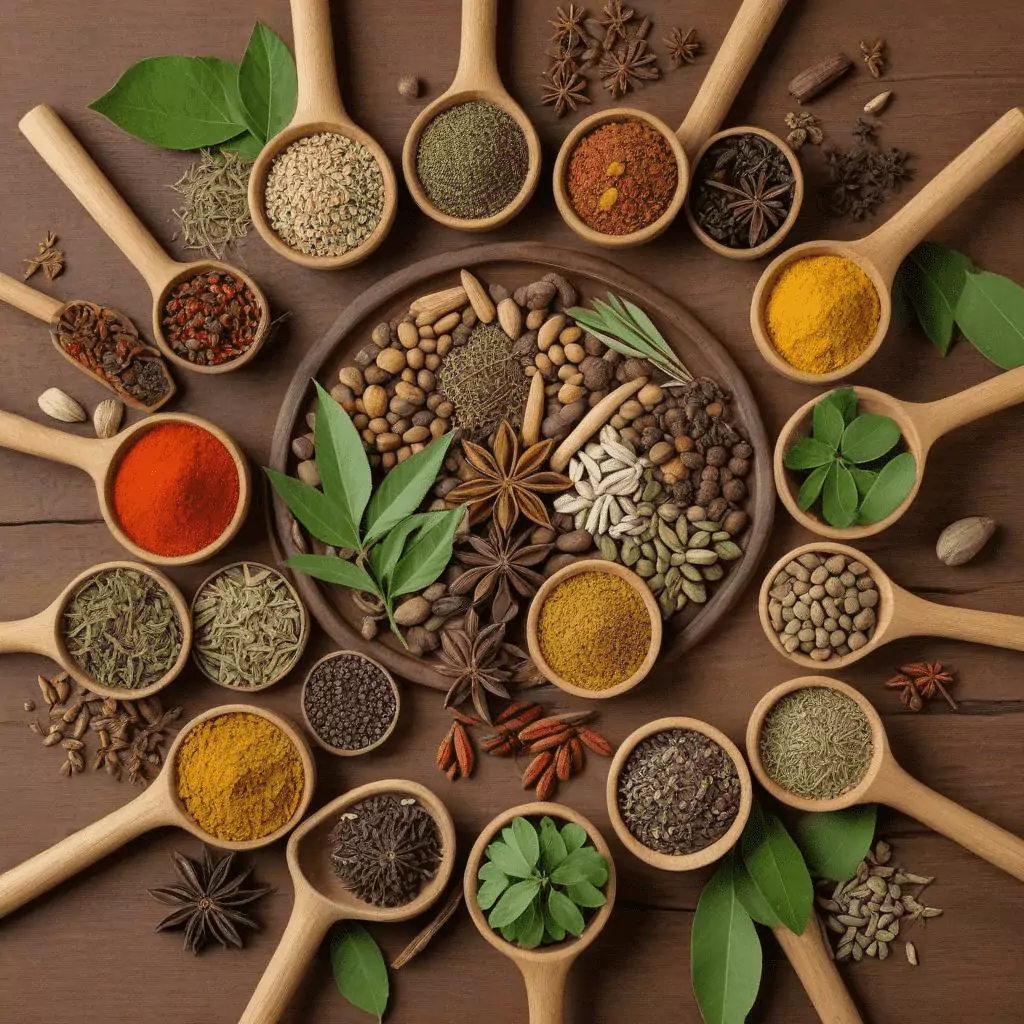Newsletter
Sign up for our newsletter to get updated information.

In today’s world, where modern medicine often relies on synthetic drugs and complex treatments, there’s a growing interest in exploring the healing potential of traditional systems of medicine. One such system that has garnered attention is traditional Indian medicinal sciences, which encompass AYUSH practices like Ayurveda, Yoga, Siddha and Naturopathy
Rooted in centuries-old wisdom and deeply connected to nature, these traditional Indian medicinal sciences offer a holistic approach to health and wellness. Unlike conventional medicine, which often treats symptoms in isolation, the traditional Indian Medicinal system seeks to address the underlying imbalances that root cause illness, restoring harmony to the body, mind and soul.
Central to the philosophy of traditional Indian medicinal sciences is the belief in the intimate connection between the human body and the natural world. According to Ayurveda, for example, the human body is composed of the same five elements (panchamahabhutas) found in nature – ether, air, fire, water, and earth – and maintaining balance among these elements is essential for your health.
One of the key principles of traditional Indian medicine is the use of natural remedies derived from plants, herbs, minerals, and other natural substances. These remedies are believed to be imbued with the healing properties of nature and are often used to treat a wide range of ailments, from digestive issues and respiratory problems to skin disorders and other chronic diseases.
Take, for example, turmeric, the golden spice that has been used in traditional Indian medicine for thousands of years. Turmeric contains a compound called curcumin, which has powerful anti-inflammatory and antioxidant properties. Studies have shown that curcumin may help reduce inflammation, support joint health, and even protect against certain types of cancer.
Another example is ashwagandha, an adaptogenic herb that has been used in Ayurveda for centuries to promote vitality and resilience. Ashwagandha is believed to help the body adapt to stress, support adrenal function, and improve overall energy levels. Research suggests that ashwagandha may also have neuroprotective effects, making it potentially beneficial for cognitive health.
In addition to herbal remedies, traditional Indian medicine also emphasizes the importance of lifestyle factors like diet, exercise, and stress management in maintaining health and preventing disease. Practices like Naturopathy, yoga and meditation, for example, are integral parts of traditional Indian Medicinal sciences and are believed to promote physical, mental, and emotional well-being.
One of the most compelling aspects of traditional Indian medicine is its personalized approach to health. Rather than taking a one-size-fits-all approach, traditional Indian medicine recognizes that each individual is unique and may require different treatments based on their constitution, or dosha, as well as their specific health needs.
In conclusion, traditional Indian medicinal sciences offer a wealth of knowledge and wisdom that can enhance our understanding of health and wellness. By harnessing the power of nature and embracing holistic principles, we can unlock new pathways to healing and cultivate a deeper sense of well-being in our lives. Whether it’s through herbal remedies, lifestyle practices, or mindful living, the ancient traditions of India have much to teach us about the art of living in harmony with ourselves and the world around us.